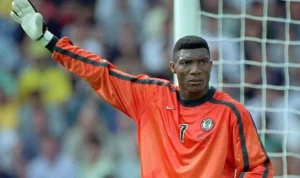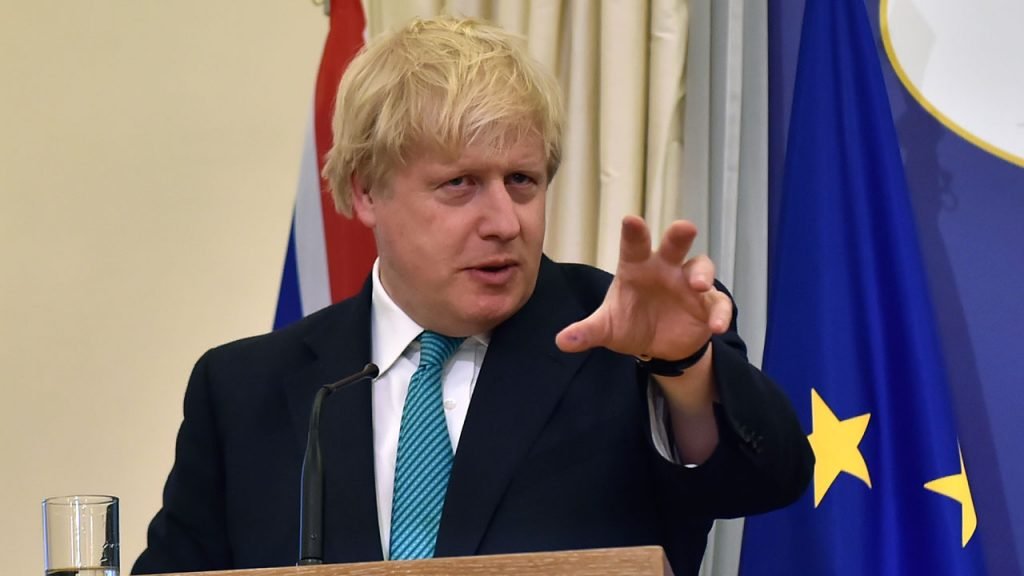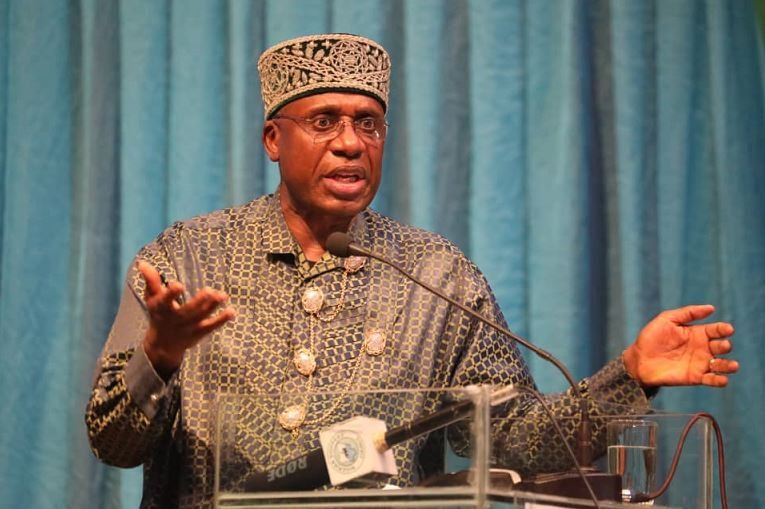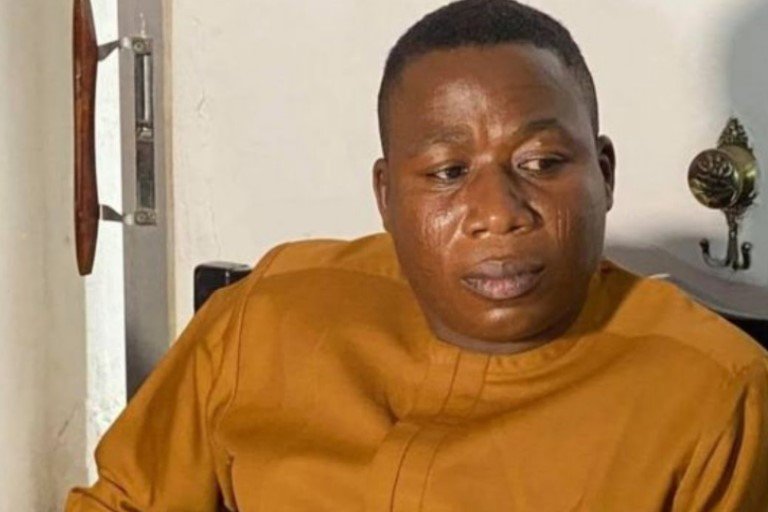Boris Johnson’s decision to suspend Parliament was unlawful, the Supreme Court has ruled.
Mr Johnson suspended – or prorogued – Parliament for five weeks earlier this month, but judges said it was wrong to stop MPs carrying out duties in the run-up to Brexit on 31 October.
Supreme Court president Lady Hale said “the effect on the fundamentals of democracy was extreme.”
The PM says he “strongly disagrees” with the ruling but will “respect” it.
A raft of MPs have now called for the prime minister to resign.
Mr Johnson argued he wanted to carry out the prorogation ahead of a Queen’s Speech so he could outline his government’s new policies.
But critics said he was trying to stop MPs from scrutinising his Brexit plans and the suspension was far longer than necessary for a Queen’s Speech.
Delivering its conclusions, the Supreme Court’s president, Lady Hale, said: “The decision to advise Her Majesty to prorogue Parliament was unlawful because it had the effect of frustrating or preventing the ability of Parliament to carry out its constitutional functions without reasonable justification.”
Lady Hale said the unanimous decision of the 11 justices meant Parliament had effectively not been prorogued – the decision was null and of no effect.
She added that it was important to emphasise the case was “not about when and on what terms” the UK left the EU, but about the decision to suspend Parliament.
READ: Northern groups warn against ‘fighting’ Osinbajo
Reacting to the ruling, Mr Johnson said it was an “unusual judgement”, adding: “I don’t think this was the right decision. The prerogative of prorogation has been used for centuries without this kind of challenge.
“There are a lot of people who basically want to stop this country from coming out of the EU and we have a Parliament that is unable to be prorogued and doesn’t want to have an election. I think it is time we took things forward.”
The PM said getting a deal was “not made much easier with these sort of things in Parliament or the courts”, but insisted the UK would still leave on 31 October.
Pushed on whether he would attempt to suspend Parliament again, he said there was “a good case for getting on with a Queen’s Speech anyway”, and the Supreme Court had not “remotely excluded” the possibility.
Labour leader Jeremy Corbyn said the ruling showed Mr Johnson’s “contempt for democracy”, adding: “I invite Boris Johnson, in the historic words, to consider his position.”
Mr Corbyn was due to close the Labour Party conference in Brighton with a speech on Wednesday, but has brought it forward to Tuesday afternoon so he can return to Parliament.
Lawyers for the government had argued the decision to prorogue was one for Parliament, not the courts.
But the justices disagreed, unanimously deciding it was “justiciable”, and there was “no doubt that the courts have jurisdiction to decide upon the existence and limits of a prerogative power”.
The court also criticised the length of the suspension, with Lady Hale saying it was “impossible for us to conclude, on the evidence which has been put before us, that there was any reason – let alone a good reason – to advise Her Majesty to prorogue Parliament for five weeks”.











